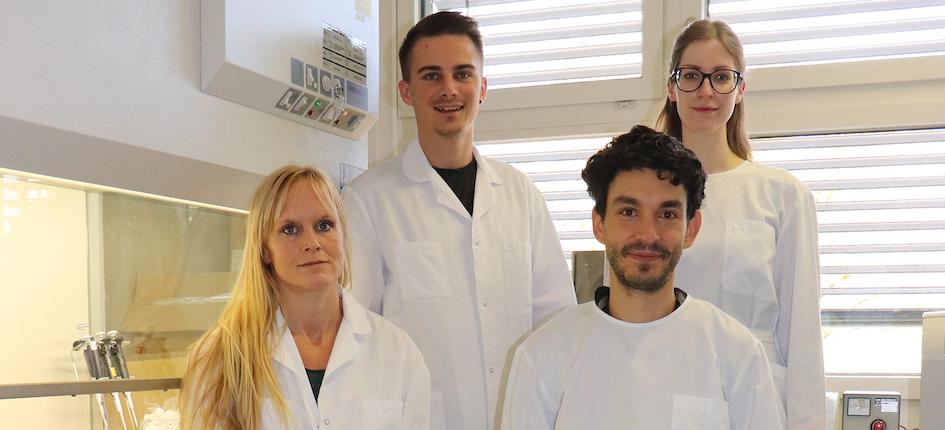Black skin cancer (melanoma) is a malignant cancer that, if diagnosed early, can be completely eliminated with a good chance of being cured. However, the outlook for those affected is dimmed when, at a later stage of the disease, metastases of the tumor have spread to other organs.
Over the past decade, it has become apparent that activating the immune system with immune inhibitors can achieve dramatic therapeutic results. “Unfortunately, more than half of the patients do not respond to these treatments,” explains Prof. Mirjam Schenk of the Institute of Pathology of the University of Bern. Her laboratory is now presenting a promising way to fight black skin cancer with a new kind of hydrogel.
Until recently, a live, weakened infectious bacterium (Bacillus Calmette-Guérin, BCG), developed as a vaccine for tuberculosis, was approved for the treatment of metastatic melanoma of the skin. Although it resulted in the regression of local skin tumors that were treated directly and sometimes removed, it was less effective in those with internal organ metastases and could not significantly improve the survival rate of affected patients.
A significant outcome for immuno-oncology research
The research group from Bern has just shown that the components of this bacterium in gel form are more effective in controlling tumor growth than the live BCG bacteria used until now.
In collaboration with researchers from the EPFL and the Harbor-UCLA Medical Center, they have developed a new type of heat-sensitive hydrogel, which can be administered easily and in one go. This hydrogel is liquid at room temperature, but becomes a viscous gel at body temperature, thus acting as a local depot and continuously releasing components of the bacteria. This leads to a lasting activation of the immune system.
“Local application of the hydrogel is an effective and safe immunotherapeutic option to reduce the metastatic burden and prolong the survival of melanoma patients,” said Prof. Schenk. These results are of great importance not only in the context of immuno-oncology research for the treatment of melanoma, but also for other types of tumors.
The next step will be to test the gel’s efficacy on patients in clinical studies and compare it to already approved therapies.




